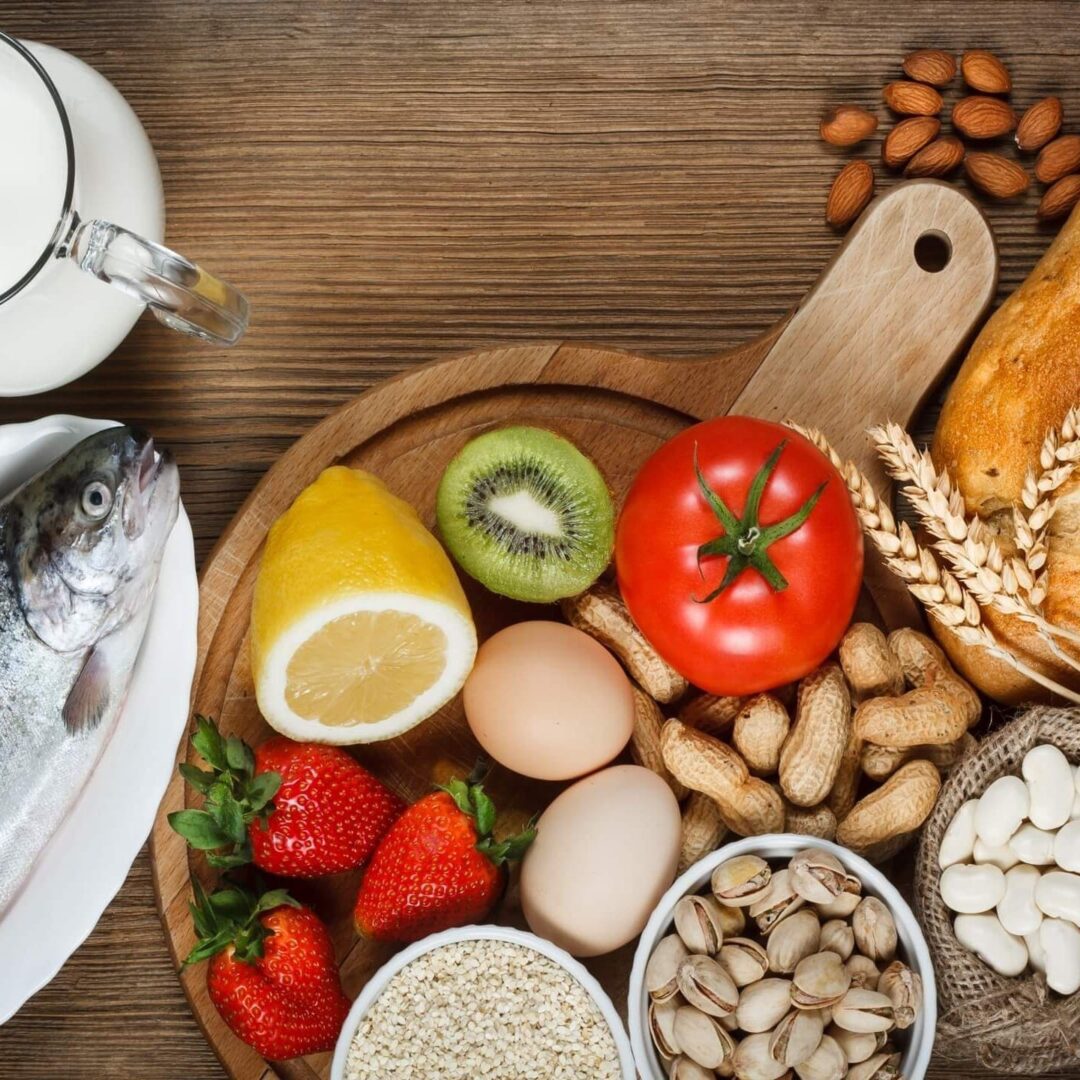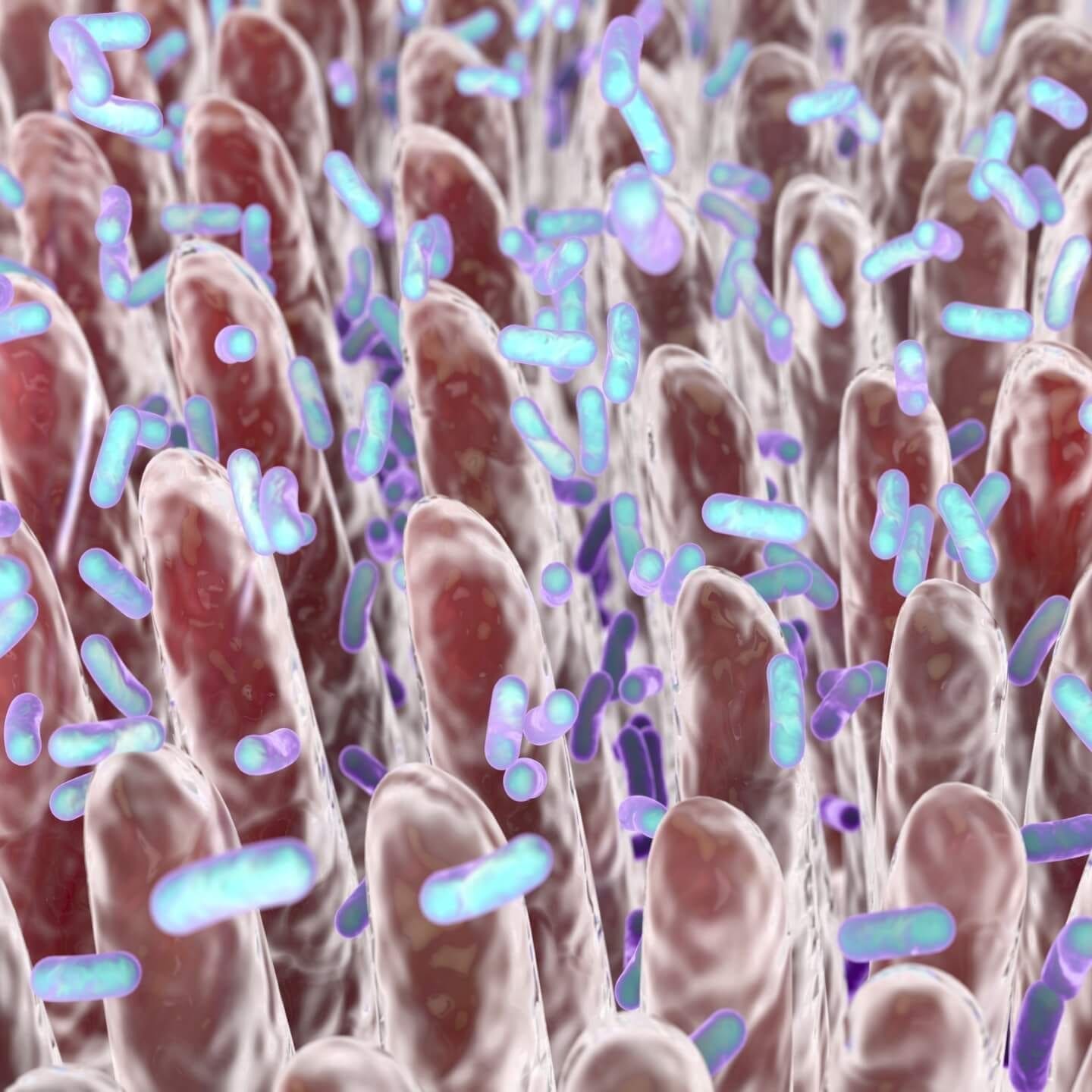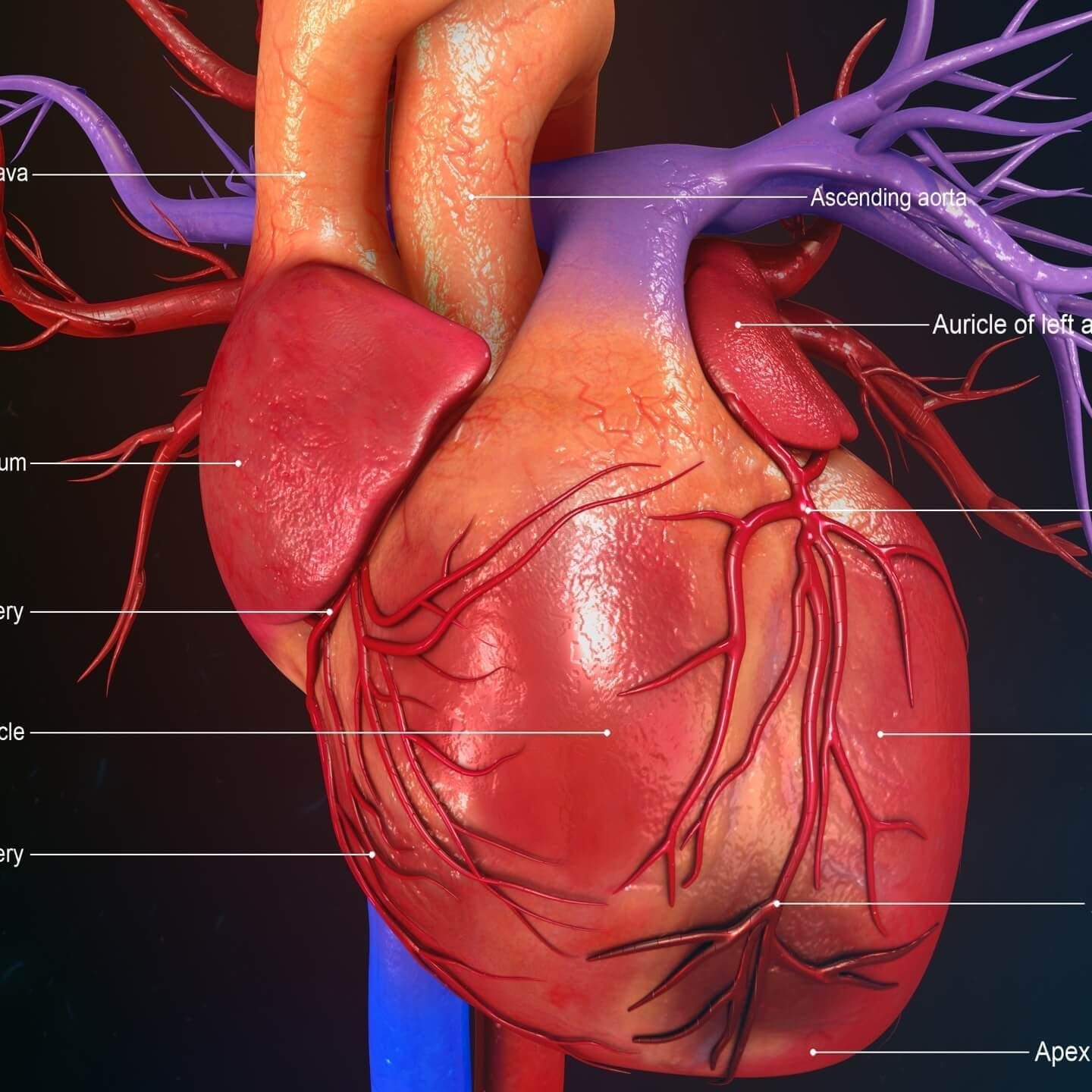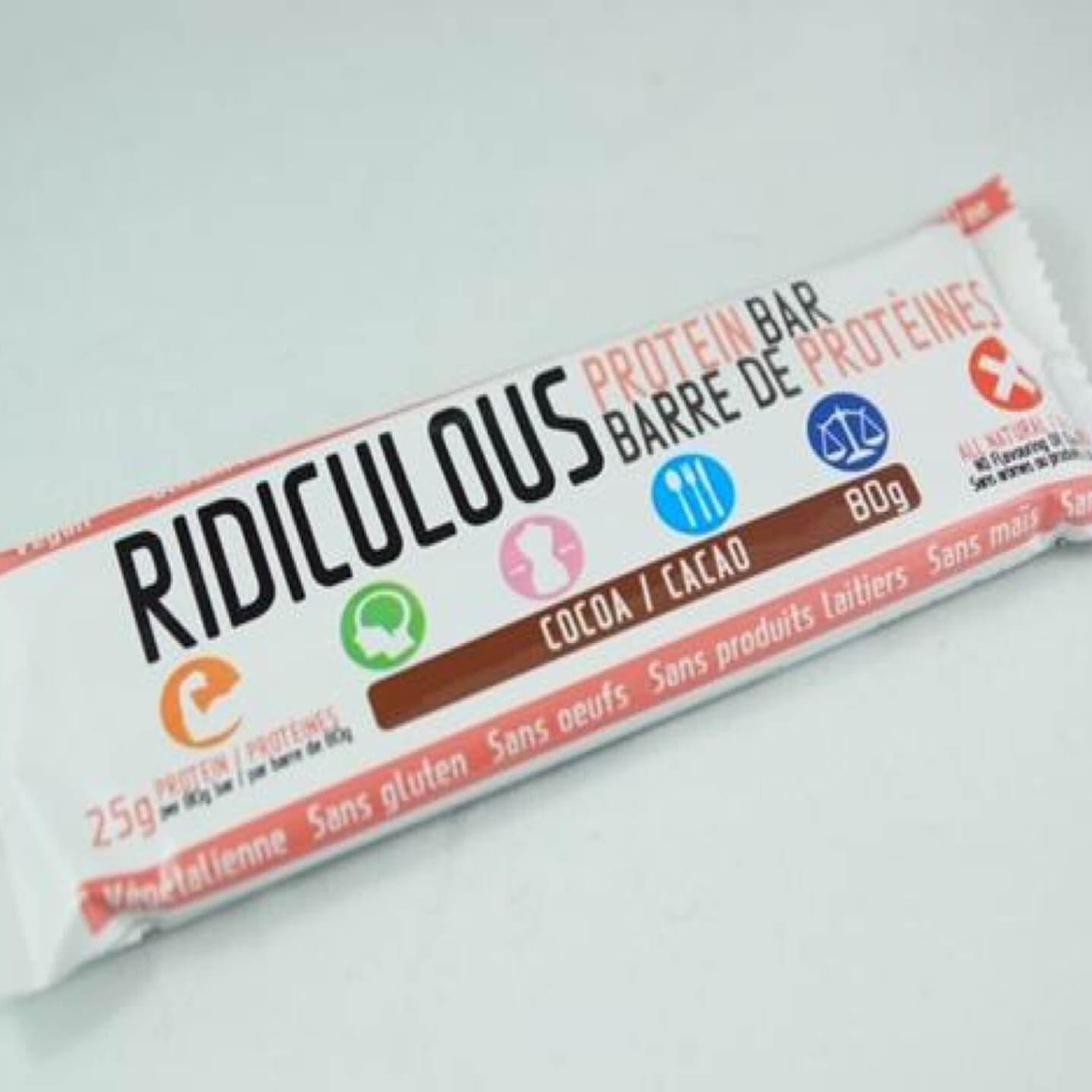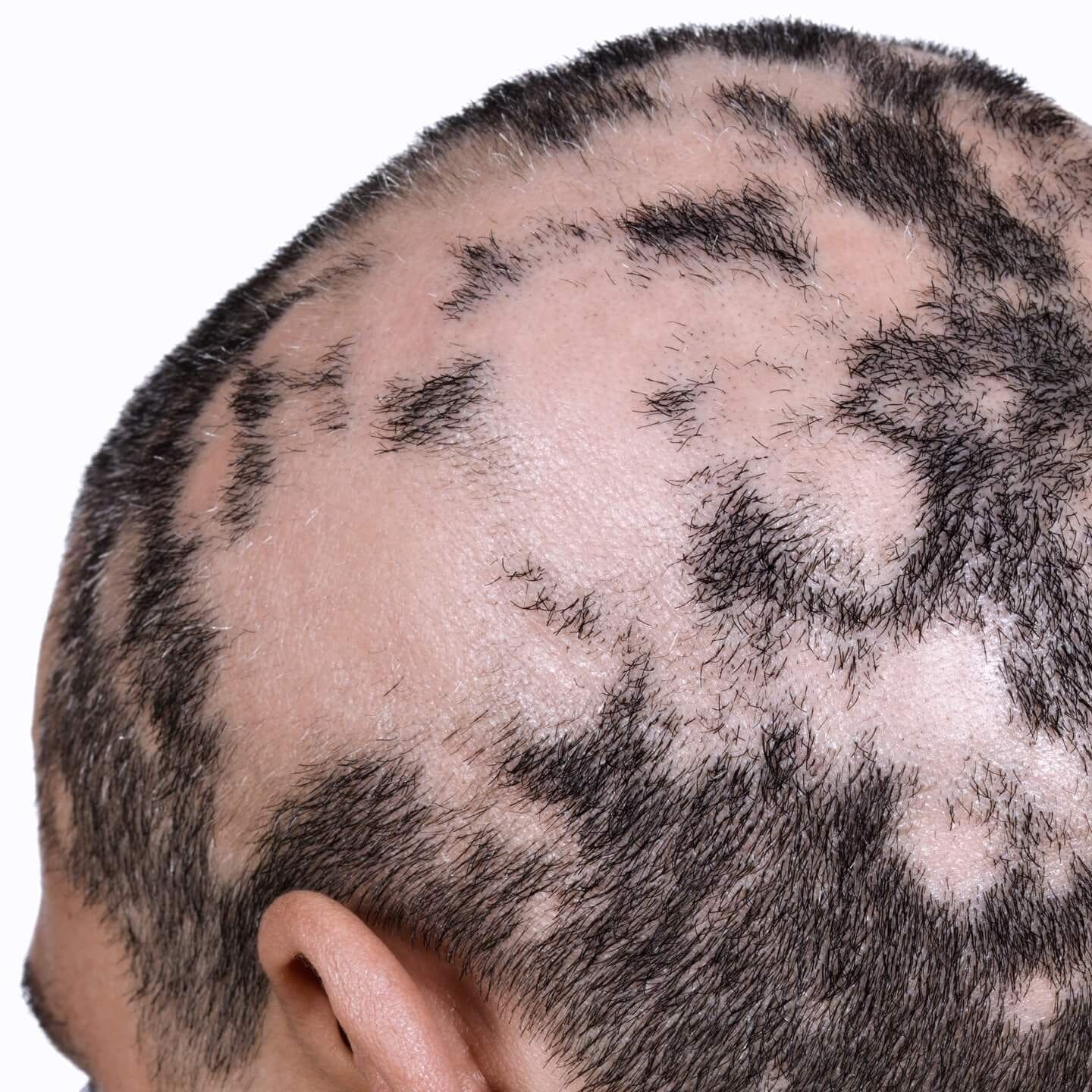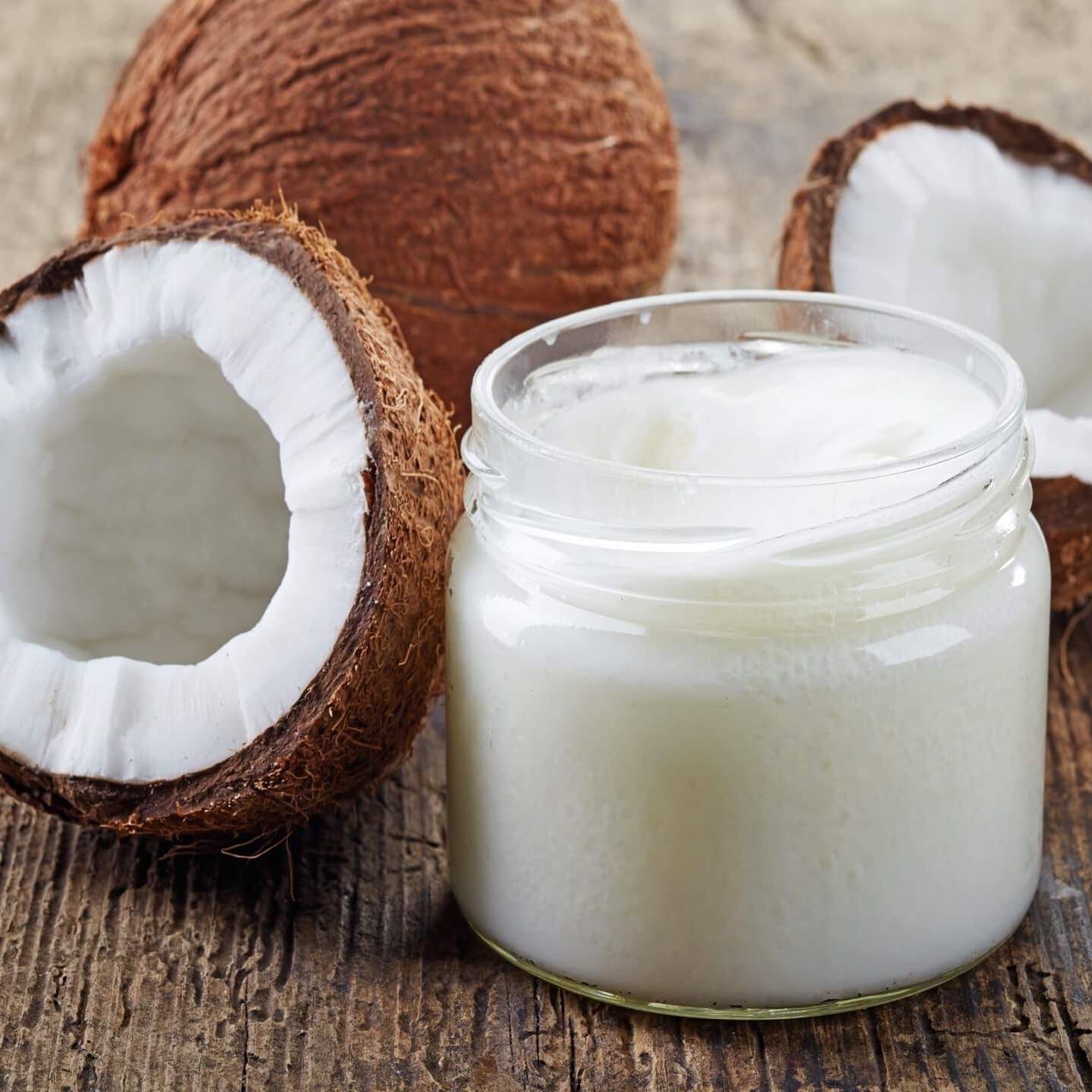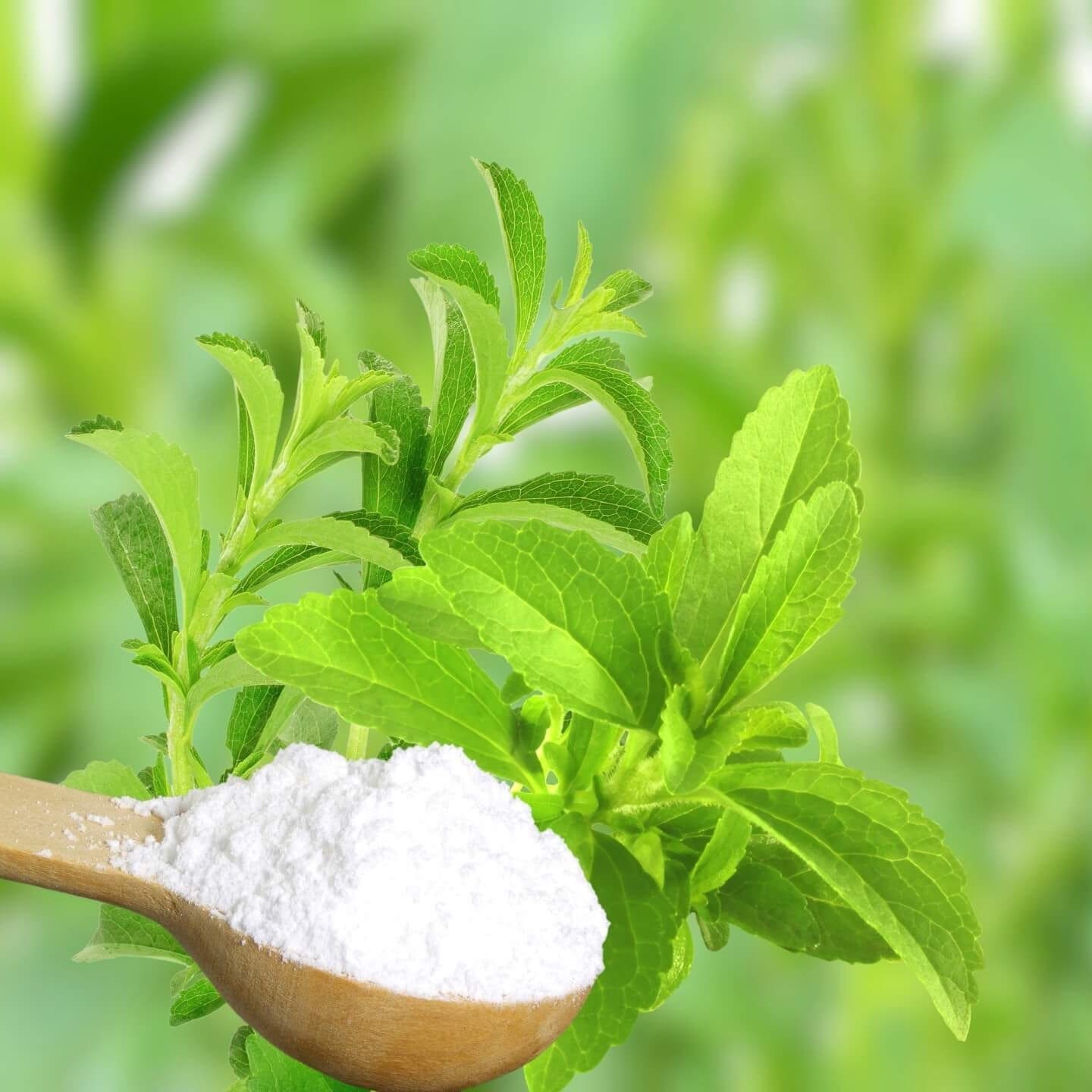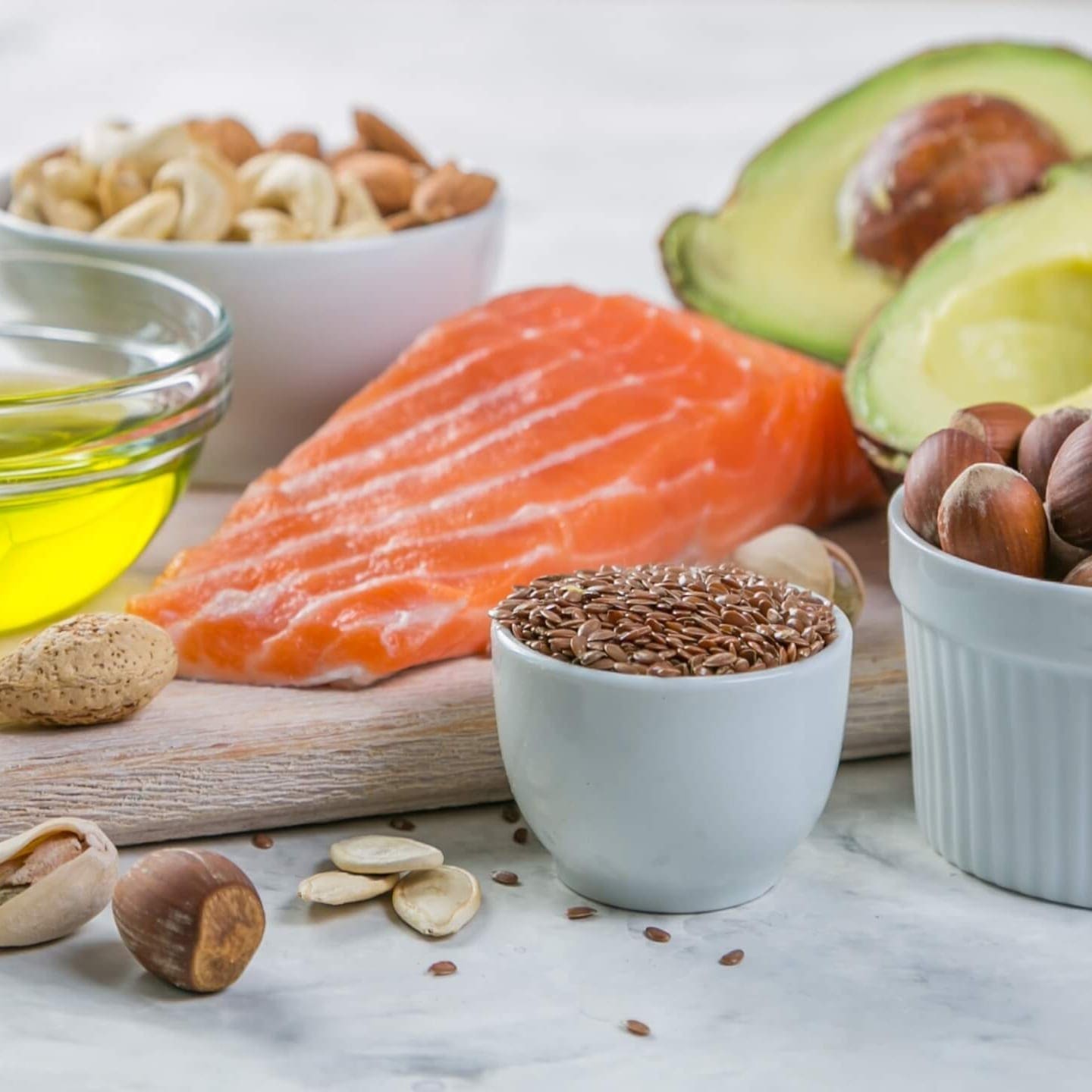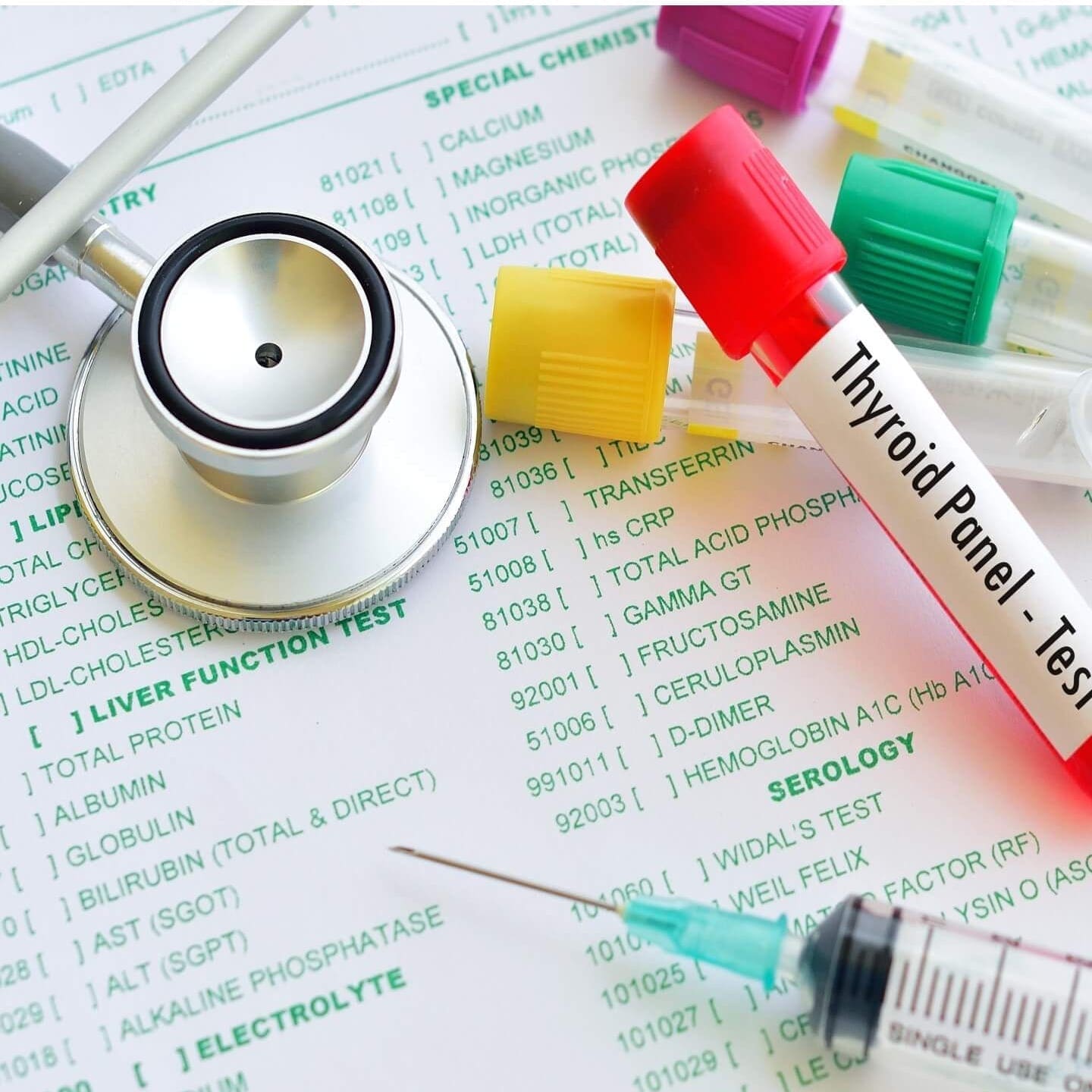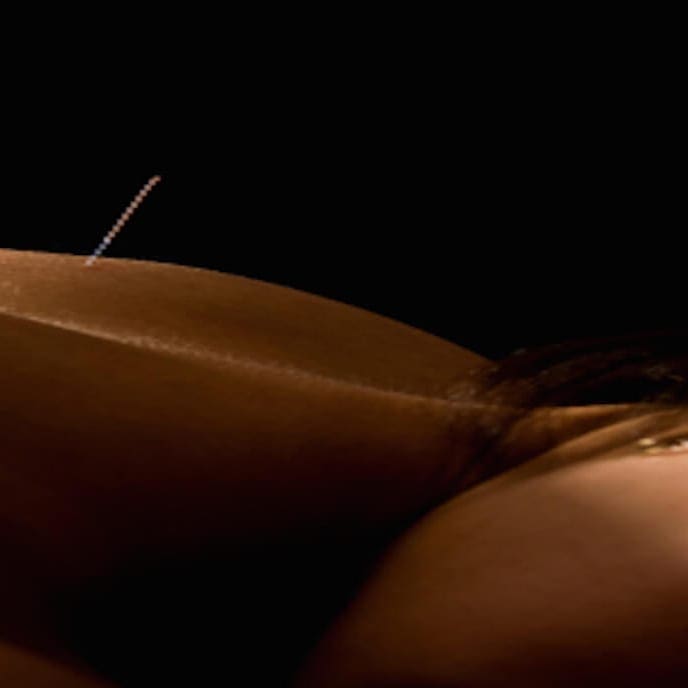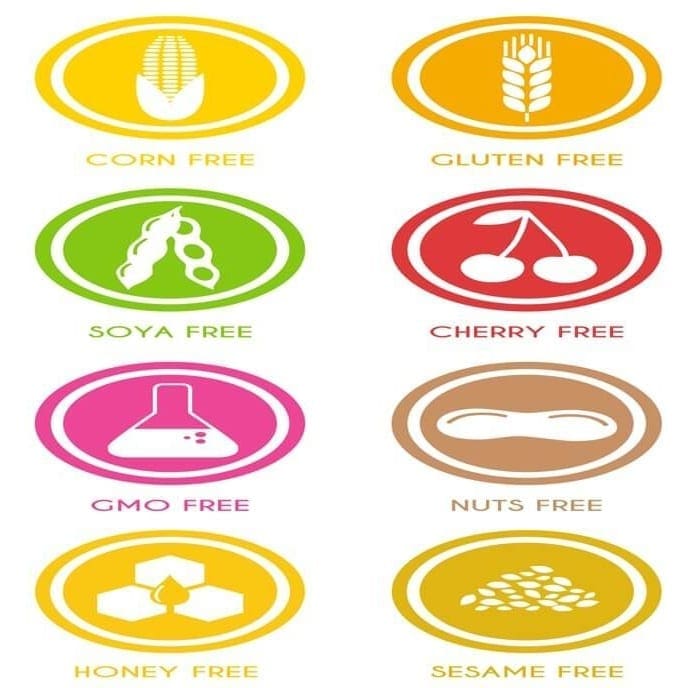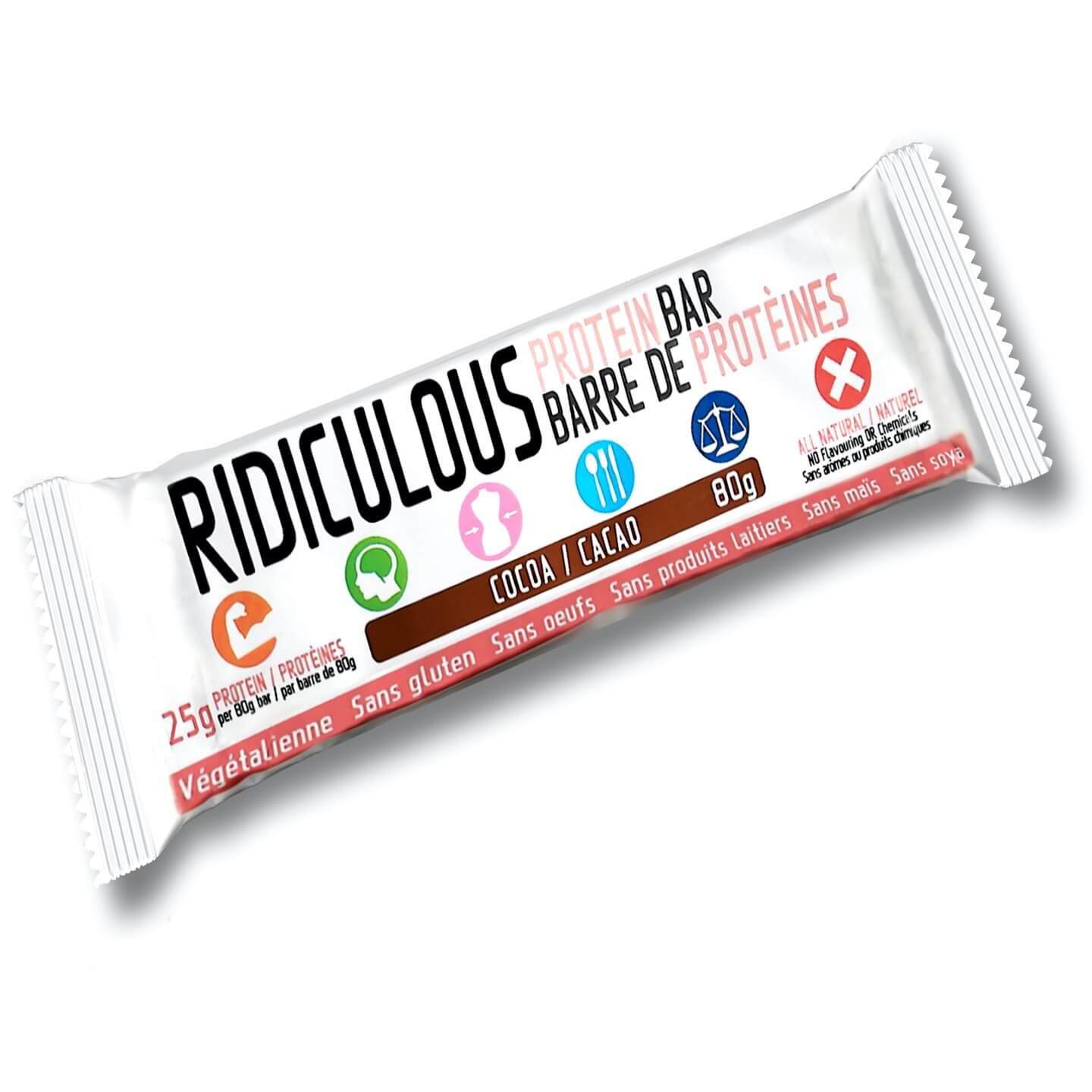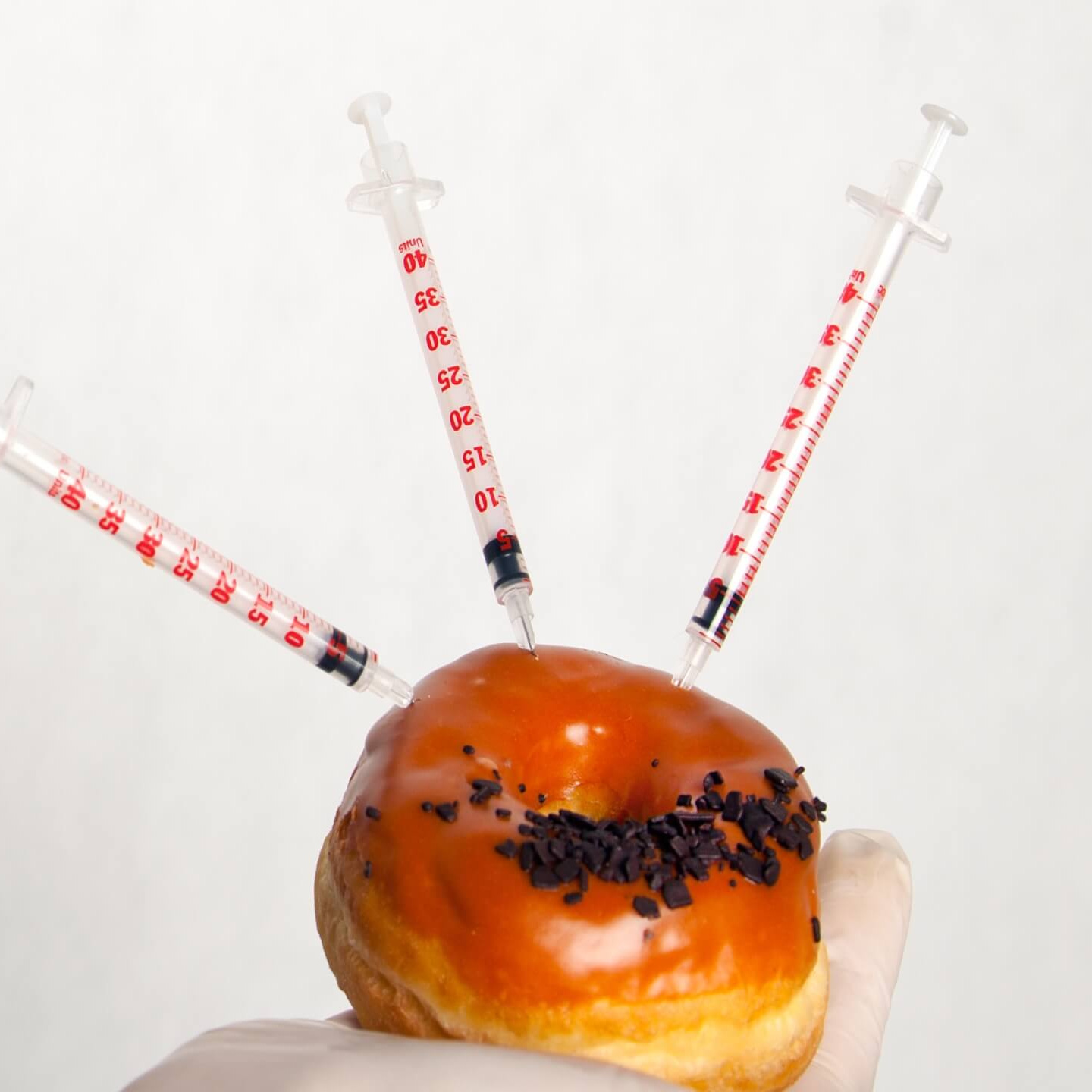Home »
Popular Posts
Belly Bloating: Causes, Symptoms & Treatments for Optimal Gut Health
Naturopathic Nuggets about Abdominal Bloating
- Bloating is one of the most common gut symptoms, occurring in all ages. Bloating can happen randomly, last for a while and passing gas may not help
- Bloating could have many superficial causes, however it is critical to rule out that your bloating is not due to a serious medical condition. It is best to see your physician for the appropriate testing to rule out the following
- Bloating may be due medical conditions including Food Allergies, Celiac Disease, Irritable Bowel Syndrome (IBS), Ulcerative Colitis or Cancer
- Bloating may have various underlying causes including Dysbiosis, Leaky Gut Syndrome, Small Intestinal Bacterial Overgrowth (SIBO), FODMAPS or Candidiasis (Systemic Yeast Infection in the Blood)
- Bloating may signal Malabsorption and underlying nutritional deficiencies, including Iron, Vitamin B12, Calcium and Vitamins A, D, E & K
- Once you’ve seen your MD, consult a Naturopathic Physician for professional advice on how to address the causes of your bloating.
Bloating: Belly Drama or Danger?
You’re bloated, gassy, uncomfortable and embarrassed. It may be happening more often than you’d like, and you’re frustrated. Bloating is one of the most common gut symptoms, occurring in all ages. Bloating can happen randomly, last for a while and passing gas may not help. Your abdominal bloating may be caused by many things, but sometimes it can be a sign of poor health or even a serious medical condition.
Take Your Bloating Seriously
Bloating: Is it Pregnancy, Fat, Water or Gas?
Abdominal bloating is ultimately having a gas bubble in your gut. Bloating causes an increase in your midsection from an accumulation of gas in your abdomen. In fact, some women complain that they look “6 months pregnant” when bloated. Other symptoms that can occur with bloating include stomach pain, swelling, a lot of gas, burping and stomach grumbling. Bloating is not actually fat, or water retention, although some conditions can cause both together.
I’m Bloated not Pregnant!
When Your Bloating Could Be Serious
If your bloating occurs with other symptoms, you should see a physician for a complete health workup. These other symptoms may include allergies, blood in stool or urine, constipation or diarrhea, difficult concentration, fatigue, fever, hemorrhoids, menstrual changes, nausea & vomiting or sudden weight loss (Seo et al. 2013).
See Your Physicians, Medical & Naturopathic
When Your Bloating is a Medical Issue
Bloating could have many superficial causes, however it is critical to rule out that your bloating is not due to a serious medical condition. It is best to see your physician for the appropriate testing to rule out the following.
Possible Medical Causes of Bloating (*See Below for Further Explanation):
- Bowel Obstruction
- Cancer (Uterus & Colon)
- Candidiasis, Yeast Infections, Fungal Infections*
- Carbohydrate Intolerance (FODMAPs)*
- Celiac Disease
- Constipation
- Dysbiosis*
- Food Allergies*
- Gastro-Esophageal Reflux Disease (GERD & H. pylori Infections)
- Heavy Metal Toxicity
- Hormonal Imbalances (Thyroid, Adrenals & Estrogen/Progesterone)
- Infection
- Inflammatory Bowel Disease
- Irritable Bowel Syndrome (IBS)
- Lactose Intolerance
- Leaky Gut Syndrome*
- Malabsorption (Nutritional Deficiencies: Iron, B12, Vitamins A D E K)*
- Mental/Emotional (Stress, Anxiety, Depression)
- Parasitic Infections (Giardiasis)
- Small Intestinal Bacterial Overgrowth (SIBO)*
- Ulcerative Colitis
- Water Retention
It Could Be Allergies, Celiac, IBS or Colitis
Mechanisms of Bloating
The above conditions contribute to bloating through various processes including gut bacteria imbalances (dysbiosis), accumulation of gas, slower gut movement (such as in low thyroid or from medications), constipation, inability for gas to be released, hypersensitivity of organs and malabsorption (not absorbing nutrients).
It Could Be That You’re Internally Starving
Bloating & Dysbiosis* You’re Losing the Gut Bacteria War
Your gut microbiome consists of trillions of differing types of healthy & unhealthy bacteria. This bacterial collective has many functions including digestion, protection from harmful organisms, immunity, production of vitamins and weight regulation. Basically the more types of bacteria you have, the healthier you are. Turf wars are common as differing species compete for space & nutrients. Therein lies the internal power struggle that is constantly occurring in your digestive system. When it becomes detrimental, that’s Dysbiosis.
Your Gut Bacteria Keep You Lean, Happy & Healthy
Bloating: From Dysbiosis to Leaky Gut Syndrome*
This war within your gut determines your health, as declining levels of “good” bacteria allow overgrowth of harmful bacteria, yeast & parasites (Dysbiosis) to damage your gut, causing Leaky Gut Syndrome, which can manifest as gas, bloating & indigestion.
Good Guys vs Bad Guys: Who’s Winning Your Gut War?
Bloating: The Gut-Allergy-Yeast Connection
For your immune system to work properly, your gut lining has to work properly (intestinal permeability). When you’re healthy, your gut lining is very selective about what passes into the bloodstream, and a healthy gut restricts larger molecules from entering your bloodstream. This regulation relies on complex physical, chemical & immune mechanisms.
In predisposed individuals, when food allergies develop, they cause an allergic reaction, and the resulting inflammation damages your gut lining (leaky gut). This increases your intestinal permeability, which means larger molecules can enter your bloodstream. This intestinal barrier dysfunction means more allergens (undigested, larger food molecules) enter through the leaky gut, triggering more inflammation, which perpetuates the vicious cycle including the development of more food allergies, per Perrier 2011. This can present as gas, bloating, nausea, vomiting, constipation &/or diarrhea.
Dysbiosis & Food Allergies Cause Leaky Gut
Bloating & Candidiasis, Yeast Infections, Fungal Infections*
Gut bacterial balance (microbiome) plays a critical role in regulating intestinal permeability per Kelly 2015. Negative microbiome changes can cause Leaky Gut Syndrome. This leads to an overgrowth of bad bacteria, yeast & fungi which can then enter the body through the leaky gut, since the gut barrier is compromised. An overgrowth of yeast can easily access the bloodstream when you have a leaky gut. Once in the bloodstream, a systemic yeast infection (Candidiasis) can damage your whole body, causing gas, bloating and many other symptoms in varying parts of the body.
Leaky Gut Causes Yeast in the Blood (Candidiasis)
Bloating & Food Allergies*
Most allergic reactions are the acquired type. These occur in the bloodstream rather than the mucous membranes, so the symptoms are more vague and delayed in effect. Some people suffer from symptoms that don’t affect others due to their genetics. Acquired food allergies can occur from eating the same foods, poor digestion and weakened integrity of the intestinal barrier, known as Leaky Gut Syndrome.
Food Allergy Symptoms Can Be Delayed & Vague
Not Digesting? Bloating May Just Be the Beginning
It is now understood that poor digestion of proteins may cause large, undigested food particles to escape through the leaky gut into the bloodstream. Your immunity, in turn, sees this as an attack and launches an allergic reaction. Not that the food is “bad” for you, but rather the food particles are larger than they should be. The food-allergic reaction can affect any site in the body as it occurs in the bloodstream, including skin, joints, bowels & brain. The inflammation from your food allergies can worsen Leaky Gut Syndrome creating a vicious cycle of damage. This will continue unchecked until the problematic foods are eliminated and the leaky gut is repaired. Ultimately, food allergies cause inflammation that lead to leaky gut, and this pathway of damage & dysbiosis can cause gas, bloating and indigestion.
Your Bloating May Be From Dysbiosis & Leaky Gut
Small Intestinal Bacterial Overgrowth (SIBO)* & Malabsorption*
Although you have bacteria throughout your gastrointestinal tract, a healthy digestive system has low levels of gut bacteria in the small intestine. This is because digestion and absorption of nutrients happen in the small intestine. When you have Small Intestinal Bacterial Overgrowth (SIBO), there is an invasion & overgrowth of gut bacteria in the small intestine that disrupts digestion, causing malabsorption and consequently nutritional deficiencies of IRON, Calcium, Vitamin B12 and Vitamins A, D, E & K, as well as damage to the gut lining (Leaky Gut Syndrome). Symptoms of Irritable Bowel Syndrome (IBS) are common in those with SIBO, and researchers have found SIBO to be a consideration in patients with IBS (Pimentel et al. 2006)
SIBO: Good Amount of Bacteria, Wrong Place
Bloating: Carbohydrate Intolerance (FODMAPS)*
Australian researchers found some people may be sensitive to a group of carbohydrates called FODMAPS. FODMAPS (Fermentable Oligosaccharides, Disaccharides, Monosaccharides And Polyols) are gas-producing, poorly absorbed sugars found in foods that cause dramatic gut symptoms as gut bacteria can easily ferment them (Gibson & Shepherd 2010). They found avoidance of FODMAPS improves symptoms of gas, bloating, cramping & diarrhea, common in IBS patients.
FODMAPS Aggravate Irritable Bowels
Bloating & FODMAPs
FODMAPS (Fermentable Oligosaccharides, Disaccharides, Monosaccharides And Polyols) is fancy lingo for specific sugars in your diet that tend to cause gas & bloating (per Stanford University):
- Fructose (fruits, honey, high fructose corn syrup (HFCS))
- Lactose (dairy), Fructans (wheat, onion, garlic, inulin)
- Galactans (beans, lentils, legumes such as soy)
- Polyols (sweeteners containing sorbitol, mannitol, xylitol, maltitol, stone fruits such as avocado, apricots, cherries, nectarines, peaches, plums)
FODMAPS Gas-Producing Sugars To Avoid
How to Improve Your Bloating
There are many causes of bloating that you can change, although some would be best done under supervision of a naturopathic physician. Find one in your area in Canada. Find one in your area in the US.
Seek Help From A Naturopathic Physician
Functional Causes of Bloating (Things You Can Change):
- Avoid Alcohol:
Alcohol is a form of yeast, which should be avoided in those allergic to yeast and/or suffering from Candidiasis (systemic yeast infection in the blood). Additionally, alcohol will trigger inflammatory & toxic pathways by altering gut bacteria balance (dysbiosis), increasing inflammatory toxin release from bacteria, while disrupting your intestinal barrier (leaky gut) allowing more inflammatory toxins into the bloodstream. - Avoid Artificial Sweeteners
- Avoid Dehydration (Excess Salt & Alcohol & Lack Water)
- Avoid Eating Too Fast
- Avoid Electrolyte Imbalances (Sodium, Potassium, Magnesium)
- Avoid FODMAPS
- Avoid Food Additives
- Investigate & Avoid Your Food Allergies:
Consuming your food allergies promotes inflammation, dysbiosis and causes Leaky Gut Syndrome. Inflammation at the gut level causes bacterial imbalance, poor digestion & malabsorption which promotes intestinal permeability or leaky gut. Once dysbiosis persists, opportunistic bacteria, yeast & parasites can overgrow, harming your health, perpetuating cravings, mood changes & weight gain. - Improve Gut Bacteria Balance:
Use Human Strain Probiotics as NOT all probiotics are the same, and unfortunately vegetarian & dairy forms through food & supplements are rejected within 48 hours as your body knows you are not a plant or a cow. Human strains allow long term implantation of bacteria for long lasting effectiveness. - Improve Digestion with Enzymes
- Clear Inflammation
- Repair Leaky Gut
- Cope with Your Stress
- Treat Yeast Infection (Candidiasis) “Bad Guys”:
Your nutrition, your immunity, your lack of toxicity and your overall health depends upon the health of your gastrointestinal tract. The key to optimal gut health is to increase the amount of the “good guys” (probiotics) in the bowel and to kill the “bad guys” (Yeast, Fungus, Viruses, Bad Bacteria & Parasites). When the “bad guys” take over, they wreak havoc in the body, ravaging your tissues with the harmful toxins they release. This unfavourable environment in the gut is called Intestinal Dysbiosis. Yeast-X attacks the “bad guys”, prevents their growth and promotes a healthy gastrointestinal tract. Taking Yeast-X facilitates a successful biochemical shift from intestinal dysbiosis (a diseased environment) to eubiosis (a healthy environment), through inhibition of the pathogenic fungal, viral and bacterial culprits. - Understand Medications that cause Bloating: (Let’s see if you remember what you’ve learnt above!)
-
- Additives in Medications: Lactulose, Sorbitol
- Antacids & Heartburn Medications: Lower Stomach Acid can lead to SIBO
- Antibiotics: Wipe out Good Bacteria which can lead to Dysbiosis which can lead to Leaky Gut Syndrome, Food Allergies & Yeast / Fungal Infections, Candidiasis: TAKE PROBIOTICS (Good Bacteria)
- Aspirin
- Birth Control Pill: Excess Estrogen leads to water retention, bloating, weight gain
- Codeine: Causes constipation, slower bowels leading to lots of bloating
- Diabetes Medications
- Fiber Supplements
- Anti-Diarrhea Medications
- Narcotics: Causes constipation, slower bowels leading to lots of bloating
- NSAIDs: Suppressing inflammation causes gut inflammation (Leaky Gut Syndrome)
- Steroids (Prednisone & Topical Cortisone Creams): Destroy Good Bacteria which can lead to Dysbiosis which can lead to Leaky Gut Syndrome, Food Allergies & Yeast / Fungal Infections, Candidiasis
Related Gut Bacteria & Cravings: The War Within Dictates Your Health & Weight
References
Alcock J, Maley CC, Aktipis C. Is eating behavior manipulated by the gastrointestinal microbiota? Evolutionary pressures and potential mechanisms. Bioessays. 2014 Oct 1;36(10):940-9.
Brown K, DeCoffe D, Molcan E, Gibson DL. Diet-induced dysbiosis of the intestinal microbiota and the effects on immunity and disease. Nutrients. 2012 Aug 21;4(8):1095-119.
Conlon MA, Bird AR. The impact of diet and lifestyle on gut microbiota and human health. Nutrients. 2014 Dec 24;7(1):17-44.
Gibson PR, Shepherd SJ. Evidence‐based dietary management of functional gastrointestinal symptoms: the FODMAP approach. Journal of Gastroenterology and Hepatology. 2010 Feb 1;25(2):252-8.
Kelly JR, Kennedy PJ, Cryan JF, Dinan TG, Clarke G, Hyland NP. Breaking down the barriers: the gut microbiome, intestinal permeability and stress-related psychiatric disorders. Frontiers in Cellular Neuroscience. 2015 Oct 14;9:392.
Kiraly DD, Walker DM, Calipari ES, Labonte B, Issler O, Pena CJ, Ribeiro EA, Russo SJ, Nestler EJ. Alterations of the host microbiome affect behavioral responses to cocaine. Scientific Reports. 2016;6.
Lawrence K, Hyde J. Microbiome restoration diet improves digestion, cognition and physical and emotional wellbeing. PLOS ONE. 2017;12(6):e0179017.
Li Q, Lauber CL, Czarnecki-Maulden G, Pan Y, Hannah SS. Effects of the Dietary Protein and Carbohydrate Ratio on Gut Microbiomes in Dogs of Different Body Conditions. mBio. 2017 Mar 8;8(1):e01703-16.
Montiel-Castro AJ, González-Cervantes RM, Bravo-Ruiseco G, Pacheco-López G. The microbiota-gut-brain axis: neurobehavioral correlates, health and sociality. Frontiers in Integrative Neuroscience. 2013;7.
Perrier C, Corthesy B. Gut permeability and food allergies. Clinical & Experimental Allergy. 2011 Jan 1;41(1):20-8.
Pimentel M, Park S, Mirocha J, Kane SV, Kong Y. The effect of a nonabsorbed oral antibiotic (rifaximin) on the symptoms of the irritable bowel syndrome. Annals Internal Medicine. 2006 Oct 17;145(8):557-63.
Seo AY, Kim N, Oh DH. Abdominal bloating: pathophysiology and treatment. Journal of Neurogastroenterology and Motility. 2013 Oct;19(4):433.
Stanford University – Low FODMAP Diet [Internet]. Living FODMAP Free. 2017 [cited 25 September 2017]. Available from: http://fodmapliving.com/the-science/stanford-university-low-fodmap-diet/
This information is for educational purposes only and does not advocate self-diagnosis. Due to individual variability, consultation with a licensed health professional, such as a licensed naturopathic physician is highly recommended, prior to starting a natural treatment plan. For further information, see Terms of our Website.
Follow Dr. Jiwani
Popular Posts


